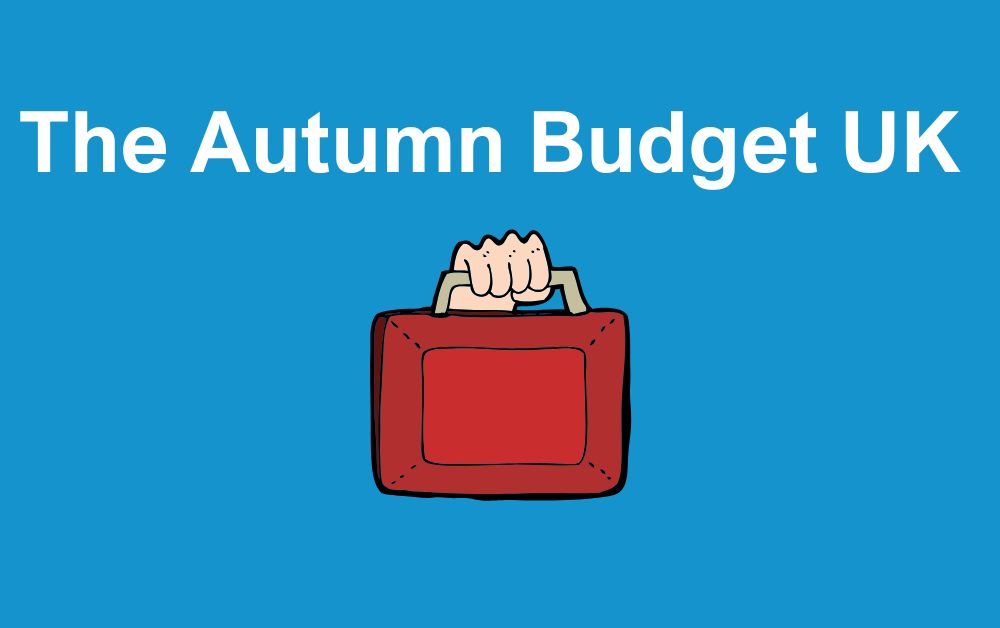After weeks of uncertainty, the Autumn Budget has finally arrived, offering much-needed clarity for employers trying to understand what the months ahead may hold. The delay left many organisations in a difficult position, unsure how to prepare for potential cost increases or legislative shifts that could impact their workforce and planning.
In her statement, the Chancellor, Rachel Reeves, confirmed that tax thresholds will remain frozen and that pension salary sacrifice arrangements will no longer be exempt from National Insurance. These measures are set to influence payroll costs, employee benefits strategies, and future workforce budgeting.
In recent days, many employers have contacted us seeking guidance on what these announcements really mean for their business. Below, we outline the key updates from the Chancellor’s Budget and what they could mean for organisations across the UK.
Salary Sacrifice Changes
One of the most significant changes announced in the budget is around salary sacrifice. Pension contributions over £2,000 will have to include National Insurance Contributions from April 2029. This means that from this date, pension contributions through salary sacrifice will be treated just like ordinary pension contributions within the tax system. This will raise £4.7 billion for the Government.
National Living Wage Increase
As part of the Autumn budget, it was announced that the national minimum wage for employees aged 21 and over will increase increase by 4.1 per cent. This means from April NMW workers will receive an increase from £12.21 to £12.71 from April 2025. This will mean eligible employees working full-time will receive around a £900 a year increase on their wage.
The rates for 18 to 20 year olds will increase by 85p an hour to £10.85. This will give these workers £1,500 more a year if they work full time.
This is great news for employees. However, we understand that a lot of businesses are feeling the strain, especially after other decisions the Government has made within the budget, and may struggle to meet this by April.
If you’re able to increase staff wages before April 2025, this could send a positive message to your employees. However, we know this isn’t possible for lots of businesses and many are looking to establish what other changes need to happen to offset this increase.
The real living wage recently announced their suggested increase in hourly pay. You can read more about this in our recent article.
Apprenticeship Boost
The Government has confirmed its backing for a new Youth Guarantee scheme, supported by an investment of £820 million. Under this initiative, any young person who has been out of work or education for 18 months will be guaranteed a paid work placement.
In addition, small and medium-sized employers will now be able to access fully funded apprenticeships for staff aged under 25, offering fresh opportunities to bring in and develop young talent at no cost.
The HR Booth are Here to Help
As with any Budget announcement, the real impact will unfold over the coming months as employers begin to assess how these changes influence their staffing plans, payroll costs, and wider business strategy. What remains clear is that staying informed and prepared will be essential for organisations of all sizes.
The HR Booth is on hand to support you through these changes. Whether you need guidance on interpreting the new measures, help to adjust your HR policies, or advice on managing the financial and operational impact on your workforce, our team can provide practical, tailored support. If you have questions about how the Autumn Budget may affect your organisation, we’re here to help you navigate the detail and plan with confidence.
Contact Us
Overall, it looks like the decisions the Chancellor has made in the Autumn budget will help employees in some areas. However, there seems to be a lack of support for businesses and SMEs may struggle to meet the demands of the changes. You can read about the full list of updates by the Chancellor on the Government website. If you would like more advice or support with your HR function, contact us.







